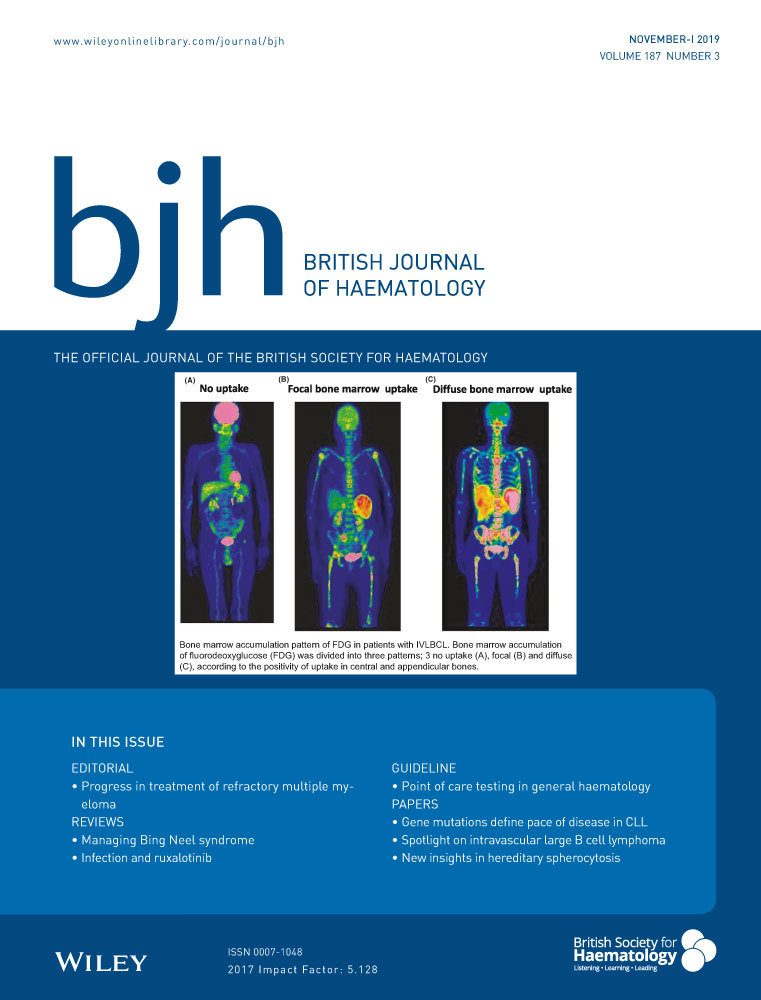Hereditary spherocytosis is associated with decreased pyruvate kinase activity due to impaired structural integrity of the red blood cell membrane
Summary
Hereditary spherocytosis (HS) is characterised by increased osmotic fragility and enhanced membrane loss of red blood cells (RBC) due to defective membrane protein complexes. In our diagnostic laboratory, we observed that pyruvate kinase (PK) activity in HS was merely slightly elevated with respect to the amount of reticulocytosis. In order to evaluate whether impaired PK activity is a feature of HS, we retrospectively analysed laboratory data sets from 172 unrelated patients with HS, hereditary elliptocytosis (HE), glucose-6-phosphate dehydrogenase (G6PD) or PK deficiency, sickle cell or haemoglobin C disease, or β-thalassaemia minor. Results from linear regression analysis provided proof that PK activity decreases with rising reticulocyte counts in HS (R2 = 0·15; slope = 9·09) and, less significantly, in HE (R2 = 0·021; slope = 8·92) when compared with other haemolytic disorders (R2 ≥ 0·65; slopes ≥ 78·6). Reticulocyte-adjusted erythrocyte PK activity levels were significantly lower in HS and even declined with increasing reticulocytes (R2 = 0·48; slope = −9·74). In this report, we describe a novel association between HS and decreased PK activity that is apparently caused by loss of membrane-bound PK due to impaired structural integrity of the RBC membrane and may aggravate severity of haemolysis in HS.
Conflicts of interest
O. A. is principal investigator for the ACTIVATE trial, a phase 3, randomised, double-blind, placebo-controlled study to evaluate the efficacy and safety of AG-348 in not regularly transfused adult subjects with pyruvate kinase deficiency (EudraCT #2017-003823-31; Sponsor: Agios Pharmaceuticals, Inc., Cambridge, MA, USA). S. E. is consultant with Agios Pharmaceuticals, Inc., Cambridge, MA, USA.




